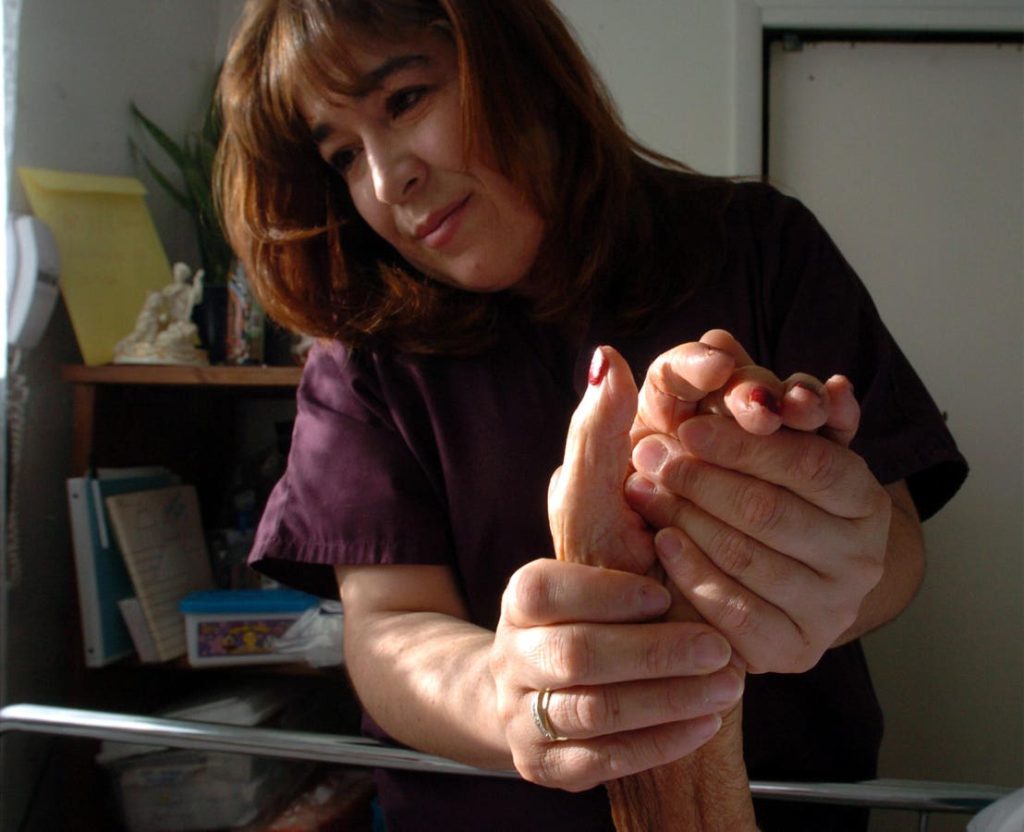The global population is aging rapidly, with projections indicating that one in six individuals will be 60 or older within the next five years. This demographic shift presents significant challenges, particularly in developed nations like the United States, where nearly 10 million older adults require assistance with daily living activities. This burgeoning need for in-home care has given rise to a substantial workforce of direct healthcare providers, a significant portion of whom are Latinas. While these women play a crucial role in supporting the well-being of older Americans, they often face low wages and challenging working conditions, contributing to the persistent Latino wealth gap.
Latinas represent a disproportionately large segment of the direct healthcare workforce, comprising nearly 25% of home health aides despite constituting only 8% of the overall U.S. labor force. This disparity highlights the significant contribution of Latinas to this essential sector. The demand for direct healthcare services is projected to continue growing, exceeding the available supply of workers. Basic economic principles suggest that this increased demand should drive up wages. However, despite this predictable pattern, wages for direct healthcare workers, particularly Latinas, have remained stubbornly low. This wage stagnation creates a paradox: a critical and growing need met by a dedicated workforce that struggles financially.
The financial vulnerability of Latina direct healthcare workers is a stark reality. Studies reveal that the median wage for these workers hovers around $11.35 per hour, with Latinas experiencing significantly higher poverty rates compared to their white counterparts in the same profession. This economic precarity underscores the systemic challenges faced by these essential workers, many of whom are the primary breadwinners for their families. The combination of demanding physical labor, long hours, and low pay paints a picture of a workforce struggling to make ends meet despite the vital service they provide.
Despite the economic hardships, many Latinas remain committed to direct healthcare work, driven by a deep sense of cultural responsibility and personal fulfillment. Interviews with these workers reveal a strong sense of purpose and dedication to their elderly patients. They often describe their work as a “calling” and express genuine affection and respect for those they care for, extending familial warmth and support to individuals often isolated from their own families. This commitment to caregiving stems from deeply ingrained cultural values that prioritize respect and care for elders, a stark contrast to the societal trend of neglecting older family members. These women see themselves as filling a vital societal gap, providing not only physical care but also emotional support and companionship.
The motivations of Latina direct healthcare workers often transcend purely financial considerations. They find deep satisfaction in providing essential care and building meaningful relationships with their patients. They share anecdotes of shared wisdom, heartfelt conversations, and the profound impact of witnessing the resilience and life experiences of their elderly charges. Many express a desire to instill these values in their own children, bringing them to work to witness firsthand the importance of compassion, respect for elders, and the dignity of caring for those in need. These personal accounts reveal the profound human connection at the heart of this profession, a connection that often outweighs the financial burdens.
Addressing the economic vulnerabilities of Latina direct healthcare workers requires systemic change. Advocacy groups are pushing for policies that promote higher wages, benefits, and career advancement opportunities. Unionization efforts, guaranteed benefit packages, and pathways for professional development are among the proposed solutions. These initiatives aim to create a more sustainable and equitable work environment for these essential workers, recognizing their invaluable contributions to society. Increasing wages not only improves the lives of individual workers but also strengthens the entire direct healthcare sector by attracting and retaining qualified individuals. This investment in the workforce translates to better care for older adults, allowing them to age with dignity and reducing the societal burden of an aging population. For Latinas, higher wages represent a path towards greater economic security, the opportunity to accumulate wealth, and a chance to narrow the persistent wealth gap that has historically disadvantaged their communities. By investing in these essential workers, we invest in the future of eldercare and the well-being of our aging population.

